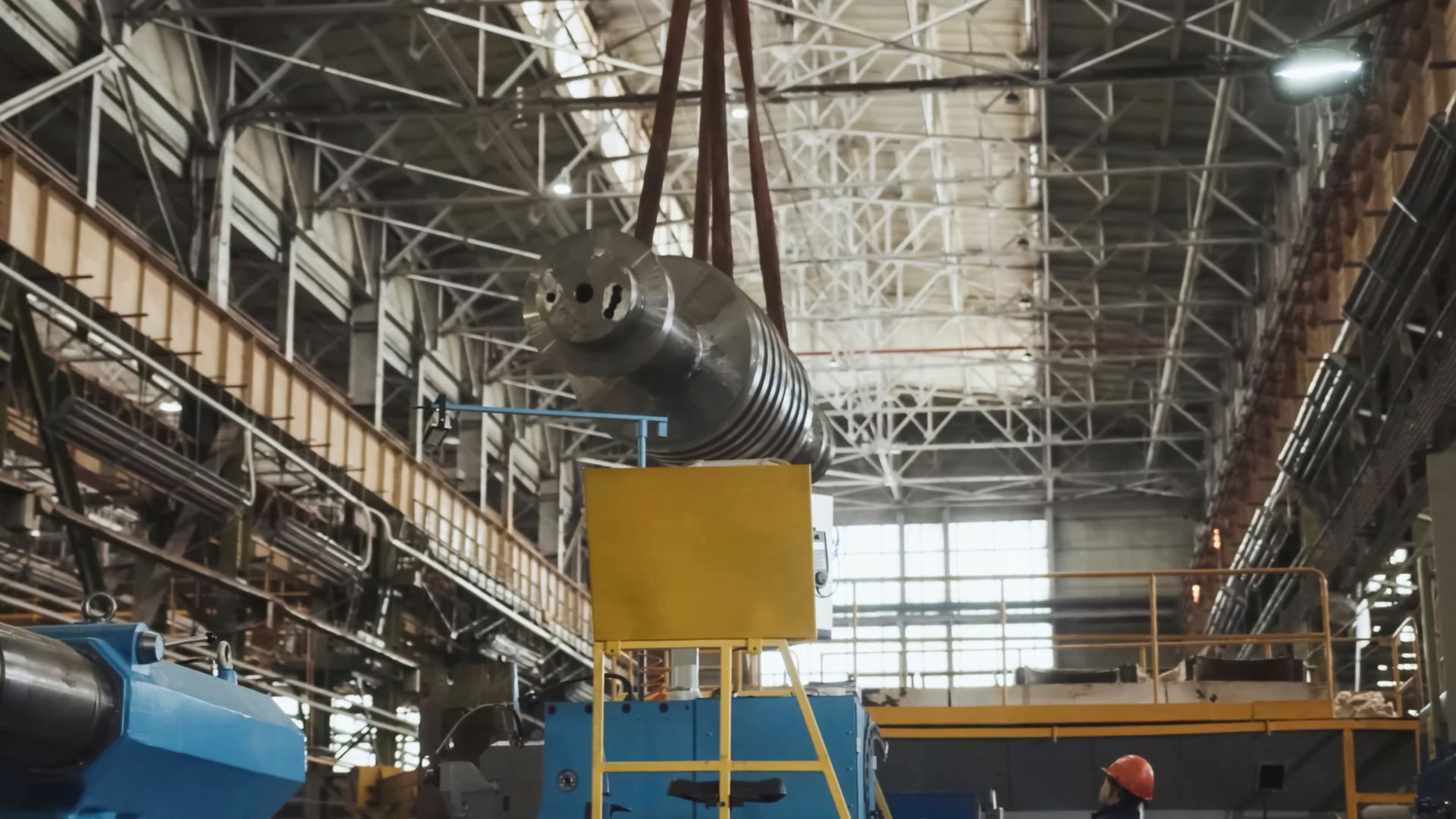US chases tough material for detonation engines that eat shockwaves

Source: interestingengineering
Author: @IntEngineering
Published: 9/24/2025
To read the full content, please visit the original article.
Read original articleThe US National Science Foundation (NSF) has awarded a $2 million grant to a Lehigh University-led team to develop resilient materials for rotating detonation engines (RDEs), a new propulsion technology that promises higher power, improved fuel efficiency, and lower emissions compared to conventional rocket and jet engines. RDEs generate thrust by sustaining a supersonic detonation wave inside a ring-shaped chamber, releasing significantly more energy than traditional combustion methods. This could enable more compact, efficient engines capable of delivering satellites to precise orbits at lower cost and fuel consumption.
A major challenge preventing RDEs from advancing beyond laboratory prototypes is the extreme temperatures and pressures generated by the detonation wave, which rapidly degrade existing engine materials. Current metal components fail after only a few engine cycles under these punishing conditions. The Lehigh-led team, collaborating with Carnegie Mellon University, University of California Irvine, the Air Force Research Laboratory, and industry partners, aims to overcome this by developing high-performance copper-based alloys.
Tags
materialsrotating-detonation-enginepropulsionaerospace-engineeringadvanced-alloysshockwave-technologyenergy-efficiency